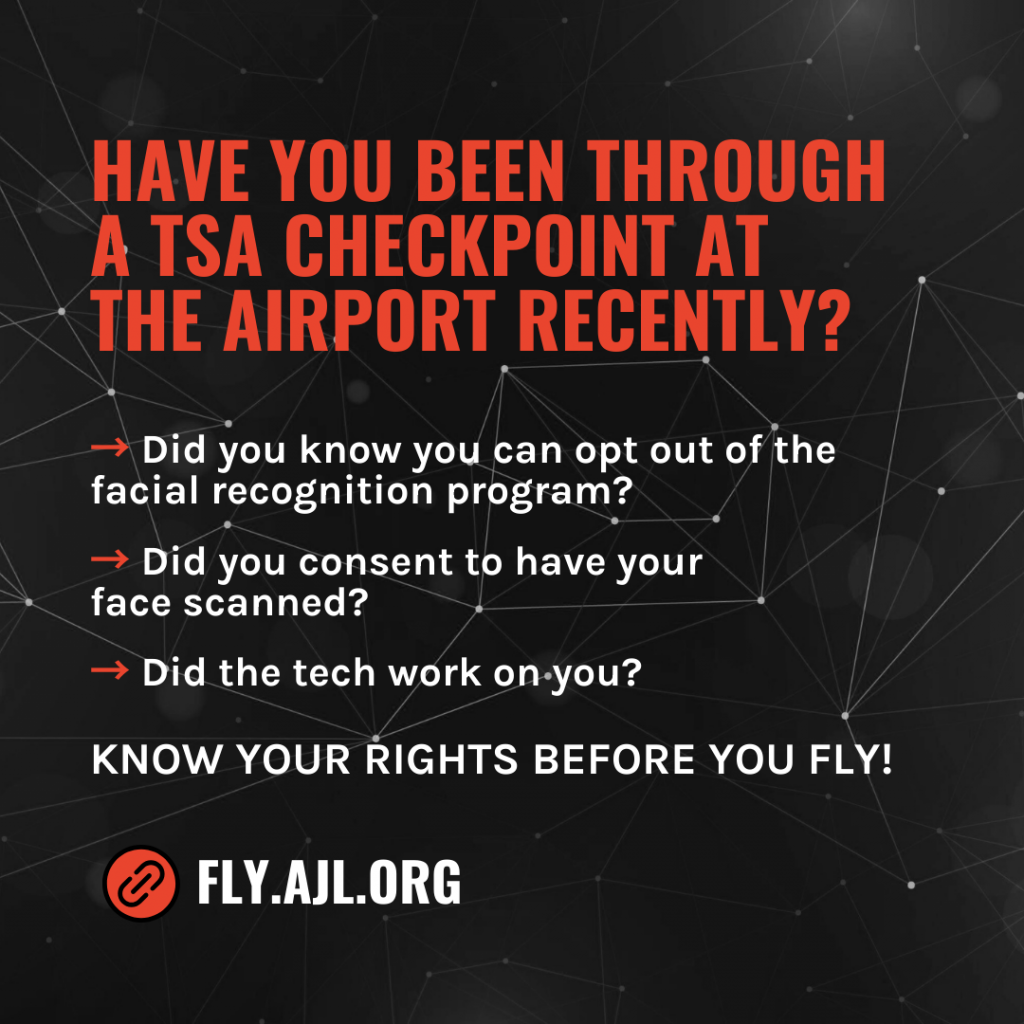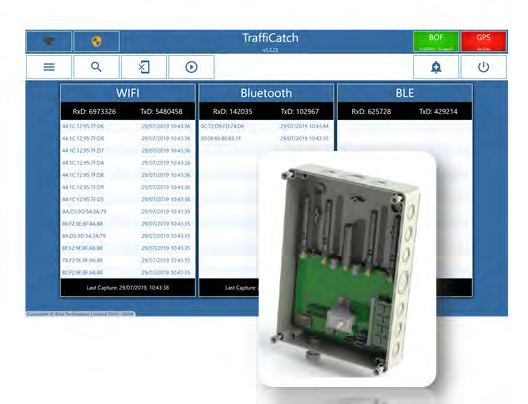Earlier this month CBS News broadcast an in-depth report confirming that more than two million names (up from 1.75 million names in 2019) are now on U.S. government blacklists (euphemistically described as “watchlists”) restricting travel and other rights.
CBS also interviewed some of the U.S. citizens who, without ever being accused of any crime or having their day in court, and for no reason they know or that the government will tell them, have been stopped at gunpoint, delayed, or prevented from flying.
Less than a week later, the Senate Homeland Security and Government Affairs Committee (HSGAC) released a detailed staff report on the same issue, “Mislabeled as a threat: How the terrorist watchlist & government screening practices impact Americans“.
The Chair of the HSGAC, Sen. Gary Peters (D-MI), also sent a formal request to the Inspectors General of each of the Federal departments that participate in the “Watchlisting Council”, asking the Inspectors General to “coordinate on an assessment of the full implementation of the Terrorist Screening Dataset.”
“I have heard from my constituents, and in particular my Arab and Muslim American constituents, that they face undue levels of scrutiny and screening atairports, other ports of entry, and in their daily lives, which they believe is the result of their placement on the terrorist watchlist,” Sen. Peters noted. “Inspectors General have not conducted a coordinated, independent assessment of the full watchlisting enterprise – from the nominations process; to how information is shared, used, and audited; to the redress options available to individuals who may match to the list.”
The same day, five other Senators and eight members of the House of Representatives sent a joint letter about “watchlisting” practices to the heads of the Department of Justice, FBI, Department of Homeland Security, Transportation Security Administration, U.S. Customs and Border Protection, and several other agencies.
The joint letter asks for answers “no later than January 9, 2024” to a long list of questions about how many people are on U.S. government watchlists, how many have been added and removed, what procedures have been followed, what data has been collected or purchased about these people, what if any redress is available to them, and what the criteria for adding names are supposed to be. “Beyond the spouses and children of individuals on the watchlist, what other categories of ‘non-terrorists’ may be included as exceptions to the reasonable suspicion standard for placement on the watchlist?”
We’re pleased that members of Congress are asking increasingly pointed questions about the U.S. government’s system of secret, arbitrary, extrajudicial blacklists.
But asking questions isn’t enough. What’s needed from Congress is legislative action.
We hope that members of Congress don’t stop at “making inquiries” or “demanding answers”. There’s ample evidence already that the watchlisting/blacklisting system is out of control. It’s up to Congress to bring that system under control by enacting legislation restoring the rule of law to decision-making about who is allowed to exercise their rights.
If members on Congress want to do something about the problem of travel blacklists, not just talk about it, a good way to start would be to reintroduce and bring to a vote the Freedom to Travel Act, which was introduced in 2021 but never got a hearing or a vote.

